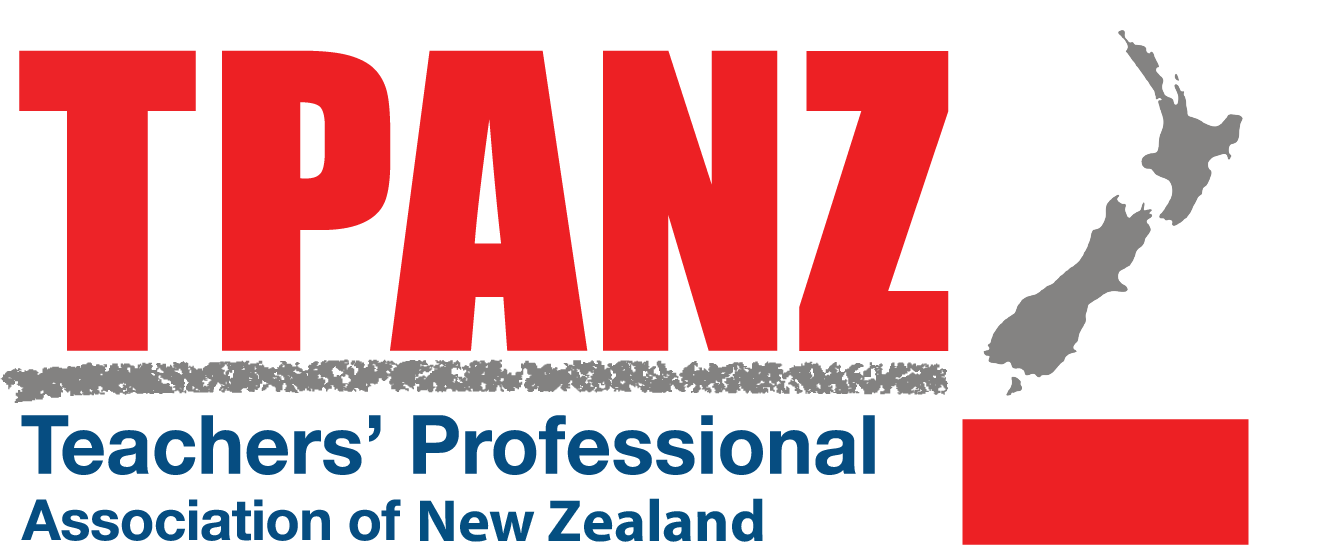Long overdue changes in the Early Childhood Sector are welcomed by some but raise concern for others. What really needs to happen?
TPANZ welcomes Associate Education Minister David Seymour’s proposed changes to the early childhood education (ECE) sector announced yesterday. “Any change that removes bureaucracy and allows local educators the opportunity to develop quality local education services is to be welcomed”, says Chris Dekker, TPANZ Secretary.
The sector has struggled for many years with unnecessary bureaucracy, unequitable funding systems, and more recently issues relating to Person’s Responsible (PR) in teacher-led centres and home-based services. The cost of doing nothing to address these issues makes it difficult for centres to operate and young children, especially those in impoverished or rural areas end up losing out.
Seymour has today promised to do a funding review, including on pay parity for ECE teachers, as well as a red-tape review of the regulations that affect the sector i.e. when and where centres can be established and by whom.
Issues in the ECE sector are not new. In 2023, The Office of Early Childhood Education (OECE) surveyed 3,000 ECE teaching staff regarding their perspectives on the quality of ECE including care, for children aged under 6 years in licensed and publicly funded ECE services.
- 26% of respondents had little confidence in the ECE service they worked in.
- 5% held concerns for children’s learning.
- 45.5% reported that minimum requirements for ratios had been breached at their centre. 5% reported that this occurred all the time, and 7% often.
- 30% felt they did not have time to develop individual relationships with the children in their care.1
August 2023 saw an amendment to the Early Childhood Services Amendment Regulations (No 2) 2023, with a requirement from August 2024 for ‘Persons Responsible’ (PR) to hold a full practising certificate. PR duties include supervising children and staff, providing guidance to other teachers, ensuring the curriculum is implemented well, and being accountable for the health and safety of both children and adults. It was presumed that a full practising certificate guaranteed a PR had at least two years of teaching experience for which they had received professional induction and mentoring and were able to provide the best health and safety outcomes for staff and students.
Some believe that newly qualified teachers and teachers returning to work after a long absence should focus on teaching without extra responsibilities. But is this a one-size-fits-all approach, or would other life-skills and competencies support PR’s without full registration to be able to perform adequately? Ultimately, we believe that this is a decision that should be made by local parents and ECE teachers.
TPANZ would like to see provisionally certificated teachers financially supported towards achieving a full practising certificate and governmental support to train New Zealand teachers. Likewise, giving more autonomy to early childhood centres and schools will allow them to focus on methods of education that best suit their staff and student cohort, particularly in rural areas.
“We need our ECE teachers to have confidence in their place of work and to remove concerns they themselves have in their specific place of work relating to teaching and learning thereby ensuring health and safety for all. Above all, we need to cultivate memories and stories of time spent at ECE for future generations” says Deborah Cunliffe of NZ Unions. “We agree, it should be up to parents and providers to determine where ECE services are best established, not central government. Local services by proficient local educators.”
TPANZ provides industrial services for ECE teachers and managers at a cheaper rate than comparable unions. Click here to view our prices and join.


